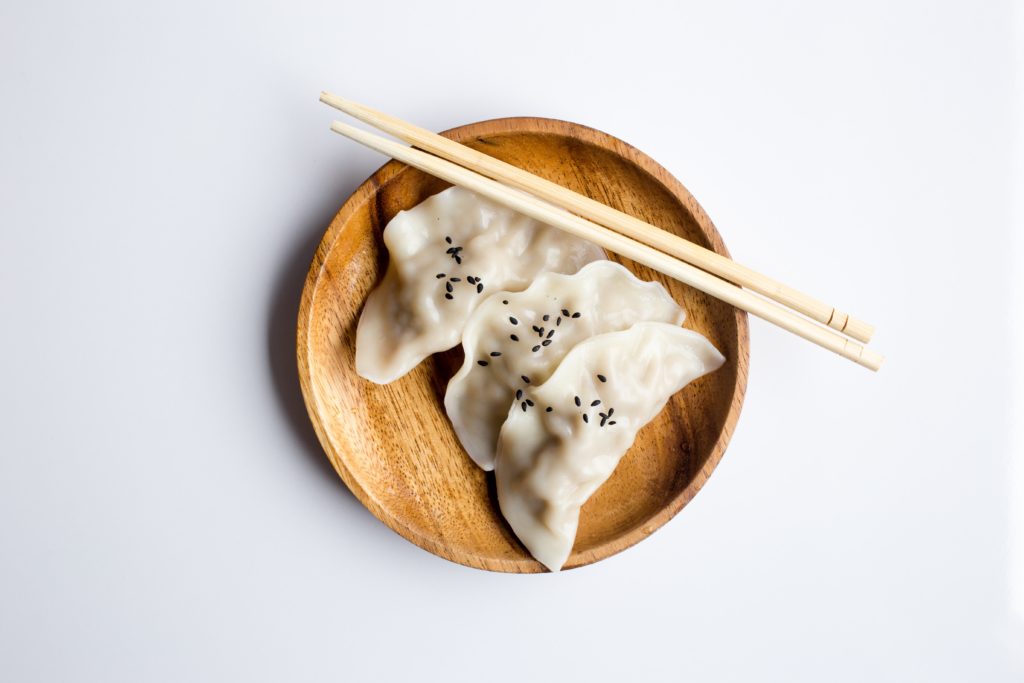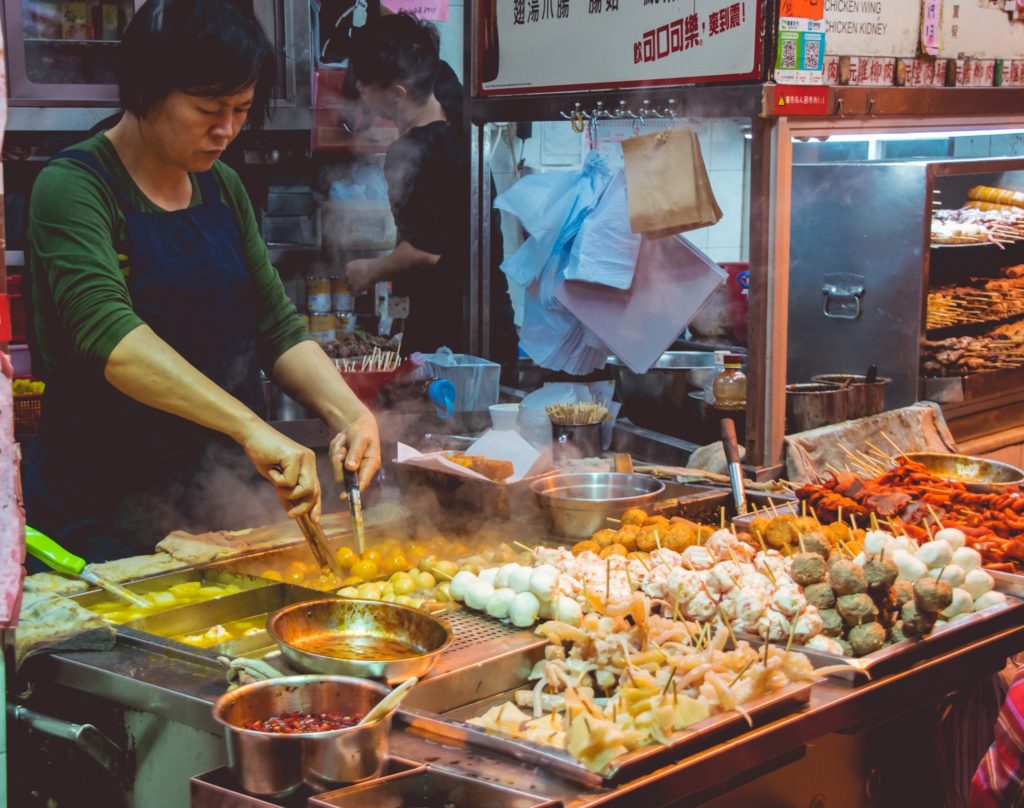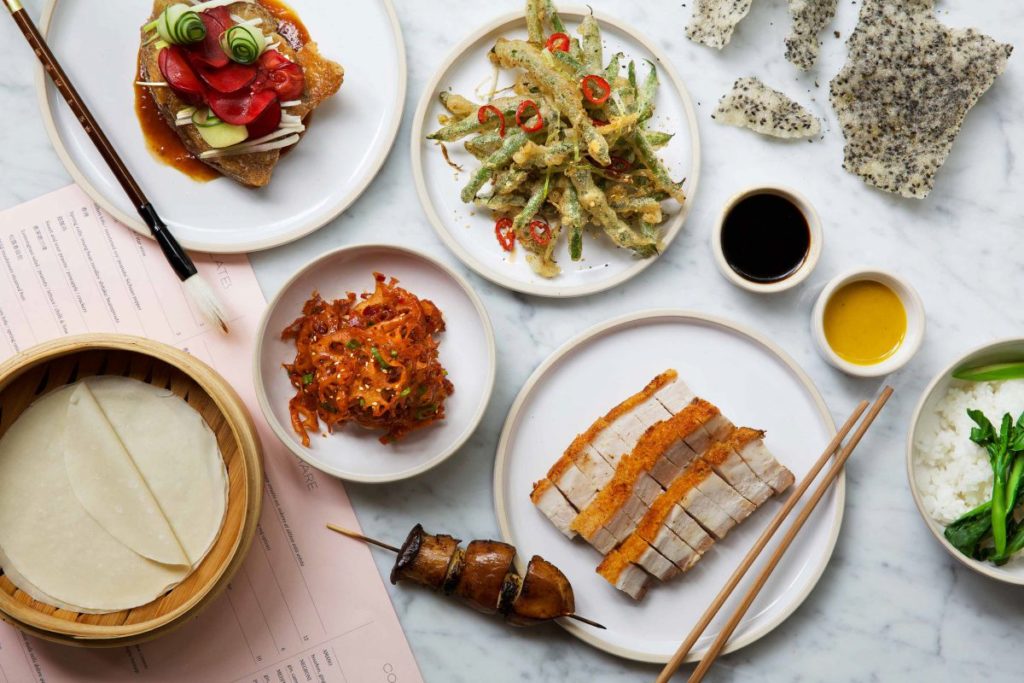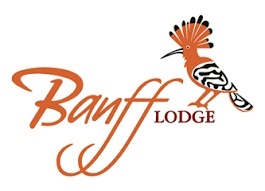
Consumers are increasingly seeking food experiences that are ‘culturally authentic’, yet defining it is fraught with difficulty. This hot topic was thoughtfully explored by a influential panel in London who gathered to explore cultural authenticity in relation to Chinese cuisine.
Asia House, the UK creative hub for arts and culture from the largest and most populous continent, was the ideal place to convene a lively discussion to consider what constitutes cultural authenticity with respect to Chinese food.
Panel moderator Donald Sloan who serves as the chair of the Oxford Cultural Collective, the renowned international institute, skilfully facilitated a balanced and rigorous discussion that would consider if accepted notions of food authenticity change over time in response to international influences and changing tastes as well as other profound questions in relation to this topical issue.
Fuchsia Dunlop, the award-winning cook and food writer specialising in Chinese cuisine, set the scene and suggested that ‘context’ was essential while the concept of authenticity is ‘slippery’. She explained: “You cannot be too conservative about food, its affected by context.” The Chinese cuisine expert also noted how much of the world’s great food is also a product of fusion.
General Tso’s Chicken, the famous sweet-deep fried dish popular in North America, was cited by Fuchsia as an example of how food evolves. The writer who studied at Sichuan University and travels extensively in China recalled that: “Nobody in Hunan has ever heard of it!” It was actually a dish created by chef Peng Chang-kuei from Hunan who had fled to Taiwan in 1949. He had served the dish for a visiting US Navy delegation. It was quickly realised that his dish would be ideal for American diners and the recipe soon became popular in the United States.

Fuchsia posed the question “Should I include this in a Hunan cook book?” Her intriguing response was: “It is not authentic but expresses a different type of authenticity. It tells a story of diaspora.” This can be seen in the early Chinese immigrants to California who created dishes like Chop Suey that were ‘palatable’ to the American public. Fuchsia explains: “They created American-Chinese food. Their considerations were purely practical.”
Widening the discussion, Fuchsia noted that the eight great culinary traditions of China have ‘constantly evolved’ while some dishes have fallen out of fashion and now rarely feature in domestic kitchens or restaurant menus. She also observed how crystalline ice plant (or grass) and okra were virtually unknown in Sichuan cuisine just three years ago but are now almost ubiquitous in the south-western province of China.
Mukta Das, who lived and studied across East Asia before returning to graduate school in the UK to research Chinese culinary culture, reflected on the issue from her exploration of the impact of Silk Road trade on the evolution of food. Her academic perspective placed the cuisine within a wider historical context, observing: “We are talking about a country that has been trading and expanding for 2500 years.” Mukta reminded the audience that throughout this period China has been adapting and introducing ideas to its area of influence. This evolution also extends to food.
The academic and writer also posed the fundamental question: “What do we mean by Chinese food? Is it the same as China’s borders or also the diaspora?” Mukta’s work has examined the legacy of trade and the movement of people on what are regarded as authentically ‘Chinese’ food in the present day. Culture for Mukta is diverse, pluralistic and she asserted: “Food is shaped by multiple identities.”

The moderator then introduced the panel’s chefs as ‘cultural communicators’ with this concept being embraced by Andrew Wong has been immersed in his family’s restaurants since childhood. Although he studied chemistry and anthropology, he went back to the restaurant business after embarking on an epic journey to learn about Chinese cuisine. London-based Andrew opened A. Wong in 2012 with his wife Nathalie and Kym’s in 2018. Both reflect the chef’s fascination with the diversity of Chinese cuisine, but he observed: “I am not an expert on Chinese food. I use food to create interest in Chinese culture and history.” Andrew contrasted his inspiration drawn from his Chinese food exploration with Hong Kong’s top chefs who look to the West for new ideas.
The evolution and fusion of cuisine was reflected in chef Jeremy Chan. The UK-born, American-educated, Chinese-Canadian began exploring West African ingredients after being inspired by his future business partner Iré Hassan-Odukakale. “I analysed every book in the British Library from West Africa and started buying ingredients,” said the innovative chef who had previously worked at Dinner by Heston Bluementhal. The result of his extensive exploration of the regions ingredients was Ikoyi, a London restaurant with a menu inspired by West Africa. Chan summed up his distinctive approach: “I de-culturalise ingredients. I put ingredients in a vacuum. I react instinctively to ingredients.”
Donald Sloan introduced another aspect to the discussion by asking the panel about the trend for fast and processed food leading some middle class Chinese to reject traditional dishes. Fuchsia responded: “The pace of change is unbelievable…My young friends don’t cook.” She counter-balanced this trend, however, with some middle class consumers in China actively seeking ‘artisan food’ and their interest in ‘food tourism’. Das suggested increasing migration across the country since the 1980s had made an impact on China’s eating habits while nostalgia had led to an artisanal food movement but it was often manifested in branded, marketed and commercialised dishes.
Andrew Wong noted Britain’s ‘strong bond’ with Chinese restaurant cuisine but also observed increasing Western food influences on his ancestral homeland: “In the next few years across China, restaurants serving chips will become a reality.”
The wide-ranging discussion also tackled the hot topic of ‘cultural illiteracy’. During 2019 chef Gordon Ramsey faced accusations of cultural appropriation when he opened his ‘authentic Asian eating house’ Lucky Cat in London. Such high profile and sensitive episodes have led to fierce accusations of cultural arrogance, neatly summarised by Fuchsia: “What makes people angry is dubious claims about authenticity.” She advocates encouraging people, winning them over with education in a friendly way to understand how a thoughtless approach can cause offence. Fuchsia’s advice on how to understand the complexities of food and culture was simple: “Listen. Look at things from different perspectives.”
In wrapping up Pamela Kember, Head of Arts and Learning at Asia House, reflected the discussion had offered ‘food for thought’ on many levels. The panel certainly highlighted the importance of approaching the world of food with sensitivity and integrity but to also be mindful that it constantly evolves.
Chinese Cuisine: Does Cultural Authenticity Matter? was sponsored by Lee Kum Kee and organised in partnership with The Oxford Cultural Collective.
Top image: Dumplings by charlesdeluvio.com










